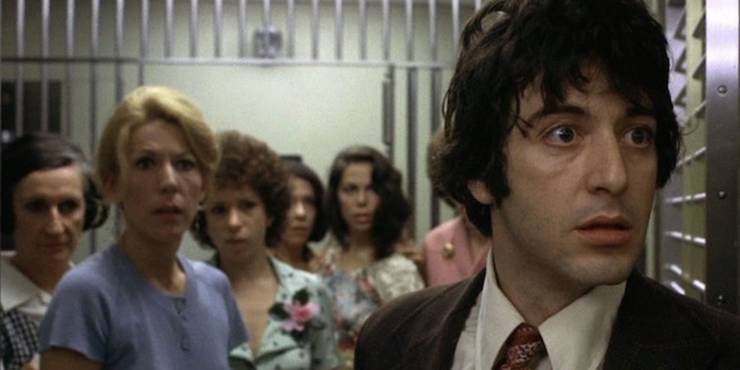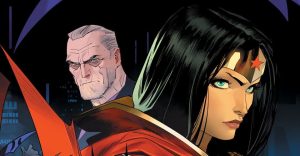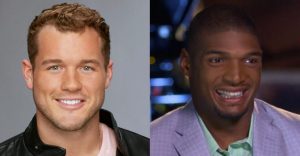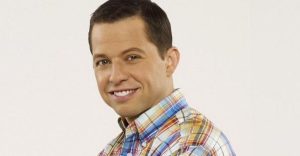10 Best Antiheroes From 1970s Movies

Many movie buffs consider the 1970s to be the pinnacle of American cinema. Directors like Mike Nichols, Martin Scorsese, and Francis Ford Coppola ushered in the “New Hollywood” movement that left well-worn Hollywood traditions behind in favor of darker, edgier, more experimental stories like Dirty Harry, Dog Day Afternoon, and A Clockwork Orange.
Hollywood movies no longer peddled myths about clear-cut heroes and nefarious villains. Instead, they blurred the line between the two with antiheroes like The Godfather’s soldier-turned-mobster Michael Corleone and Taxi Driver’s cabbie-turned-vigilante Travis Bickle.
10 Paul Kersey (Death Wish)

Charles Bronson became the face of vigilante justice with his turn as Paul Kersey in Michael Winner’s seminal crime thriller Death Wish. Paul is a New York City architect who takes the law into his own hands when his wife and daughter are attacked by a street gang.
Paul’s quest for vengeance resonated with 1970s audiences, who were dealing with rising crime rates. Death Wish garnered controversy for supposedly condoning vigilantism, but it was popular enough to launch a franchise and kickstart a wave of gritty vigilante thrillers.
9 Max Rockatansky (Mad Max)

The sequels to Mad Max recharacterized Max Rockatansky as a road warrior on a gonzo post-apocalyptic wasteland, but George Miller’s original movie was a much more grounded police thriller. Mel Gibson’s Max was initially a renegade cop in a dystopian near-future.
Max is given a supercharged V8-powered Pursuit Special as a bribe to keep him on the force, and when a biker gang murders his wife and young son, he takes the car on an explosive rampage of revenge.
8 Takuma Tsurugi (The Street Fighter)

Sonny Chiba became one of the most renowned martial arts movie stars with his turn as Takuma Tsurugi, the ruthless mercenary at the heart of the Street Fighter trilogy. Tsurugi offered a fun counterpoint to most ‘70s martial arts movies, which depicted their protagonists as noble, heroic warriors who do the right thing.
In the words of Clarence from True Romance, who watches a Street Fighter marathon, Tsurugi “ain’t so much a good guy as he is just a bad motherf****r. He gets paid by people to f**k guys up, y’know?”
7 Alex DeLarge (A Clockwork Orange)

Malcolm McDowell gives a mesmerizing performance as oddly charming sociopath Alex DeLarge, the so-called protagonist of Stanley Kubrick’s dystopian sci-fi classic A Clockwork Orange. Alex is completely reprehensible – he fills his evenings with beatings and home invasions and targets innocent people for fun – but when he goes to jail at the story’s midpoint, he finally gets his comeuppance.
Alex is subjected to an experimental rehabilitation treatment, the “Ludovico Technique,” in exchange for a reduced sentence. His sense of individuality is (seemingly) erased, begging the thought-provoking question: is it better to have the identity of a monster than to have no identity at all?
6 Sonny Wortzik (Dog Day Afternoon)

Al Pacino gives one of his greatest performances in Sidney Lumet’s true-life thriller Dog Day Afternoon as a first-time crook who robs a bank with a sympathetic motivation: to pay for his lover’s gender confirmation surgery.
Sonny is technically the bad guy, but he’s not a bad guy. The heist gets out of hand, the bank is quickly surrounded by cops, and Sonny finds himself in way over his head.
5 Captain Willard (Apocalypse Now)

Francis Ford Coppola’s masterfully crafted Vietnam War epic Apocalypse Now follows the plot of Heart of Darkness with Martin Sheen’s antihero Captain Willard. Willard is a hard-drinking black-ops assassin sent on countless hits that officially never happened.
Throughout the movie, Willard embarks on a surreal journey upriver to kill Colonel Kurtz, a renegade warlord with a cult following, at his jungle compound. Over the course of the film, Willard’s humanity slowly fades.
4 Inspector “Dirty” Harry Callahan (Dirty Harry)

Gene Hackman’s “Popeye” Doyle bends the law to bring down a heroin smuggler in The French Connection, but arguably the most iconic police antihero from ‘70s cinema is vigilante cop “Dirty” Harry Callahan, played by Clint Eastwood in Don Siegel’s classic neo-noir.
Harry ignores the orders of his superiors (and even the mayor) in his narrow-minded pursuit of a psychotic sniper who’s been picking off unsuspecting people around San Francisco.
3 Carrie White (Carrie)

Sissy Spacek gave a pitch-perfect performance as the title character in Brian De Palma’s film adaptation of Stephen King’s debut novel Carrie. Carrie White is a downtrodden teenager pushed to her breaking point. She’s bullied by her classmates at school and berated by her overbearing religious zealot mother at home.
This frustration manifests itself at the prom when a pig’s-blood-related prank sends Carrie over the edge and she sets out on a killing spree utilizing her newfound telekinetic powers.
2 Michael Corleone (The Godfather)

Marlon Brando might give the most memorable performance in Francis Ford Coppola’s groundbreaking gangster epic The Godfather, but the story revolves around the tragic downfall of Al Pacino’s Michael Corleone.
At the beginning of the movie, Michael is a wayward war veteran with a bright future. His mob boss father wants to keep him out of the illicit family business. But, by the end of the movie, Michael has taken his father’s place as the head of the family.
1 Travis Bickle (Taxi Driver)

Martin Scorsese’s psychological thriller Taxi Driver stars his go-to leading man Robert De Niro as Travis Bickle, a Vietnam War veteran who suffers from PTSD, insomnia, and intense loneliness. Travis sees crime on the streets of New York every night as he drives his cab around the seediest corners of the city.
In response to the “bad ideas” in his head, Travis eventually takes up arms to become a crusading crimefighter. This plan backfires (so to speak) in the shockingly brutal final shootout. Travis is a deeply disturbed character, but his isolation is painfully relatable.
About The Author


















